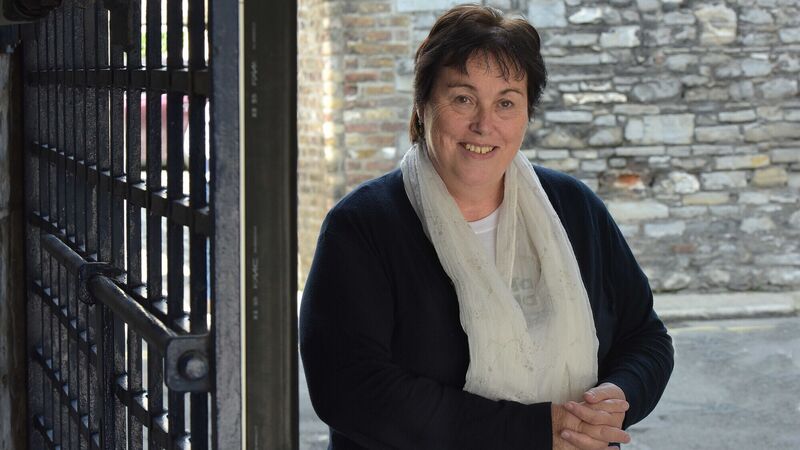'We provide a valuable service to the State': Carer says budget measures don't go far enough

Carer Lena Mulligan: 'I welcome the €12 increase, but it goes nowhere towards the work that carers do. Picture: Moya Nolan
A full-time carer who looks after a woman with disabilities said she was disappointed with the €12 increase in her carer’s allowance announced in the budget.
Lena Mulligan has provided support for her friend Carolyn Akintola for the past five years in her home in south Dublin.













